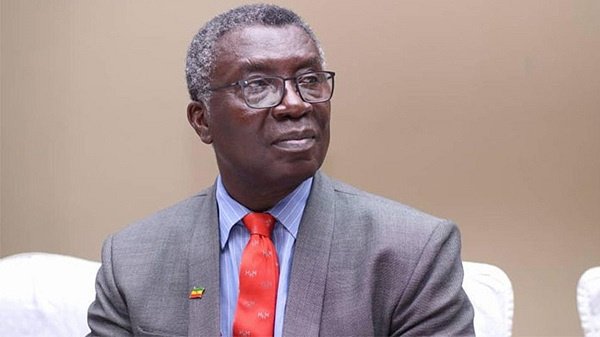The Africa Sustainable Energy Centre (ASEC) has issued a strong call for the Government of Ghana to implement urgent, proactive measures to insulate citizens from the likely effect of surge in global petroleum prices. The advisory comes as concerns mount over the ripple effects of the Middle East conflict on energy-importing nations like Ghana.
In a public statement, ASEC highlighted that while Ghana has made strides in macroeconomic stability, the looming oil price crisis threatens to undo recent gains unless preemptive actions are taken.
“We urge the Government of Ghana to take proactive steps to mitigate the potential repercussions on local fuel prices, which could place a heavy burden on Ghanaian households and businesses.”
Africa Sustainable Energy Centre (ASEC)
Central to ASEC’s recommendations is the effective and transparent implementation of the Gold for Oil (G4O) policy, which aims to leverage Ghana’s gold reserves to secure petroleum supplies without exerting pressure on the country’s scarce foreign exchange reserves.

“This strategy is designed to secure stable petroleum supplies while minimising the adverse effects of cedi depreciation on fuel prices.”
Africa Sustainable Energy Centre (ASEC)
The G4O programme by the previous administration, launched as a buffer against volatile exchange rates, according to ASEC has the potential to keep pump prices within an affordable range for consumers. However, ASEC warned that its full potential can only be realised through enhanced transparency and accountability.
“To fully realise its benefits, the Gold for Oil programme must be executed with enhanced transparency and accountability, ensuring that its price-stabilising potential is maximised.”
Africa Sustainable Energy Centre (ASEC)
ASEC also rejected arguments suggesting that a marginal increase in fuel prices is insignificant. “Even minor hikes can compound the economic strain on citizens, especially in a context where many are already grappling with high living costs,” the group asserted.
Reviving TOR: A Strategic Imperative

Another cornerstone of ASEC’s mitigation strategy is the revival and expansion of the Tema Oil Refinery (TOR). The refinery has remained largely dormant since 2021, forcing Ghana to rely heavily on imported refined petroleum products.
“If TOR is revived, fully operational, and provided with sufficient resources to purchase Ghana’s crude, the country will not be heavily burdened by international market shocks.”
Africa Sustainable Energy Centre (ASEC)
ASEC called on the government to provide strong financial guarantees and renegotiate upstream agreements that would allow TOR to purchase Ghana’s crude oil as a first option, before the rest is sold on international markets. “This would, in fact, be the best-case scenario for Ghana,” ASEC stressed.
By refining locally produced crude, Ghana could significantly reduce its fuel import bill, strengthen the local value chain, and shield its economy from future global price swings.
ASEC also urged government agencies to reaffirm the role of the Petroleum Stabilisation and Recovery Levy (PSRL) in cushioning consumers against price volatility. The Centre maintained that this fund should be actively utilised during this period of external turbulence.

“As these policies are being implemented, it is prudent that the PSRL be activated to stabilise pump prices and offer relief to the most affected.”
Africa Sustainable Energy Centre (ASEC)
These recommendations come at a time when Ghana’s inflation rate, though on a declining trajectory, remains highly sensitive to fuel prices due to the country’s reliance on road transportation and diesel-powered logistics.
ASEC warned that failing to act decisively could result in a new wave of inflation, undermining household incomes and business margins just as the economy begins to show signs of recovery.
The message from ASEC is clear: the current window of macroeconomic stability must be leveraged to prepare for potential global energy shocks.
According to ASEC, by reinforcing existing programmes like Gold for Oil, reviving Tema Oil Refinery, and utilising PSRL funds strategically, Ghana can navigate any looming energy crisis with resilience.
However, the success of these measures will hinge on decisive leadership, transparent implementation, and a non-partisan commitment to safeguarding the livelihoods of millions of Ghanaians.
READ ALSO: Prominent Lawyer Backs Growing Calls for EC’s Reset























